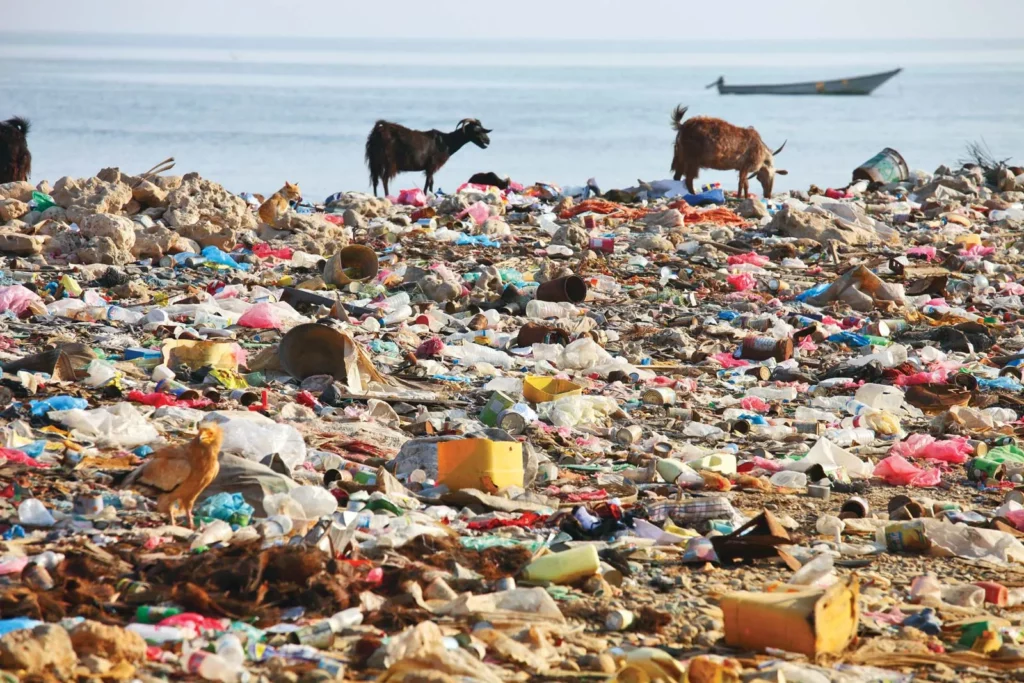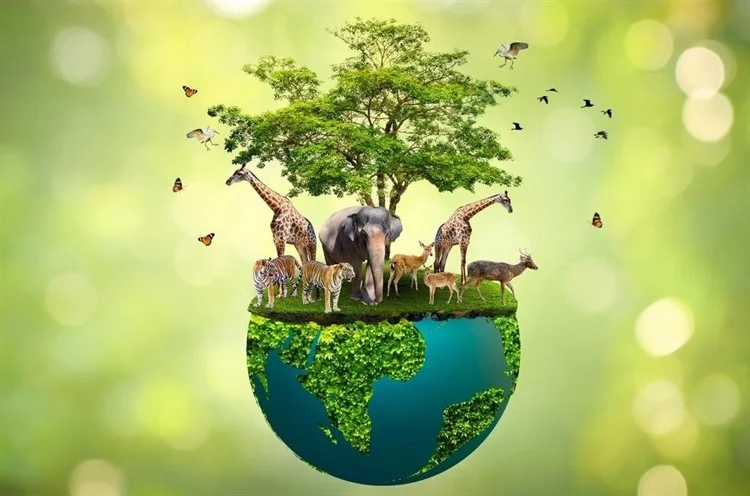Demand is driving deforestation — what can companies do?

Tropical forests are disappearing at an increasing rate
Since the first Rio Earth Summit in 1992, the international community has celebrated the value of tropical forests as harbors for biological and cultural diversity. However, many people are under the mistaken impression that the fight to protect those forests has been won. To the contrary, tropical tree cover loss in 2017 was the second-highest on record, with an area the size of New Mexico cleared or burned — down only slightly from a peak in 2016.
In addition to harming biodiversity and infringing on the rights and livelihoods of local communities, forest destruction at this scale is a catastrophe for the global climate. When forests are cleared, carbon stored in trees and soils is released into the atmosphere. New science shows that forests are even more important than we thought in curbing climate change: Besides their role in capturing and storing carbon, forests affect atmospheric chemistry, wind speed and rainfall patterns. Deforestation disrupts these functions, affecting weather and posing risks to continued agricultural productivity (PDF) not only locally, but even across continents.
Commodity supply chains are in the spotlight
It’s ironic, then, that the primary driver of permanent tropical forest loss is conversion to commercial-scale agricultural production. Vast areas of South America and Southeast Asia are being cleared for beef, soy and palm oil.
A large portion of this clearing is illegal according to local laws and regulations, yet illegality and corruption remain endemic in many forest-rich countries. For example, last year Colombia experienced a spike in illegal clearing of forests for pasture and other uses in the aftermath of the peace agreement, when demobilization of the country’s largest rebel group left a power vacuum in remote forested areas. Indigenous peoples throughout the tropics — whose presence is associated with maintaining forest cover, yet whose land rights are often unrecognized — continue to be murdered when they attempt to protect their forests.
Concern over deforestation caused by agricultural expansion has led activists associated with organizations such as Greenpeace to aim their campaigns at companies in commodity supply chains ranging from upstream producers to downstream manufacturers and retailers, as well as at financiers. New tools combining satellite data on forest cover change with trade data are enabling watchdogs to identify which companies are sourcing from high-deforestation areas. In response, hundreds of companies have announced commitments to deforestation-free supply chains, but implementation is patchy and impact difficult to discern (PDF).



